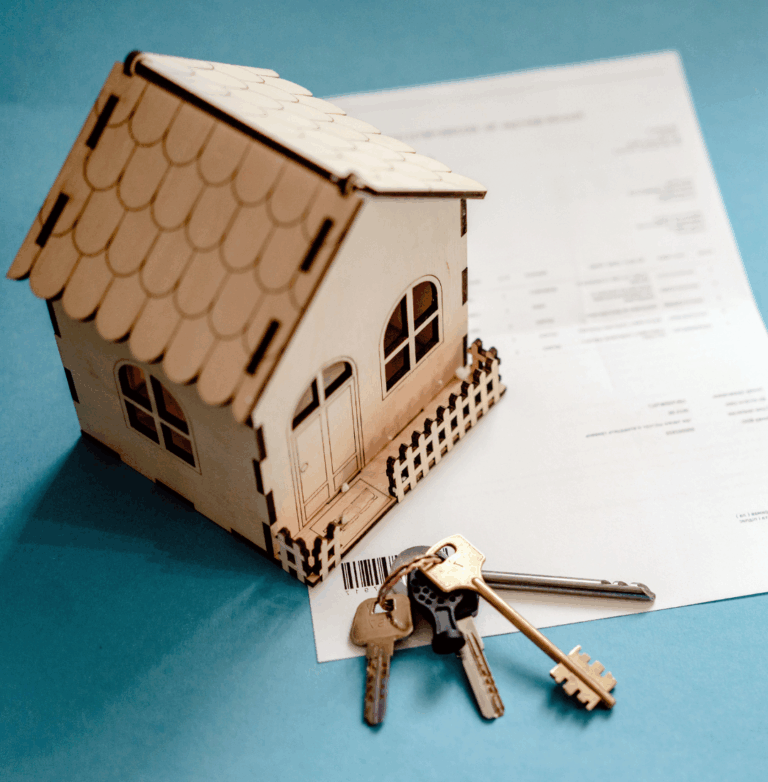The rental market is undergoing significant changes with the introduction of the new Renters’ Rights Bill. Local authorities across England are stepping up enforcement against landlords who fail to let properties legally and safely.
Some landlords have previously got away with renting out poor-quality, even dangerous, homes, leaving tenants to suffer the consequences. Not only does this cause significant hardship for renters, but it also damages the reputation of landlords as a whole, giving responsible landlords an undeserved bad name.
Thankfully, the landscape has changed. Over the last 20 years, a wave of new laws and schemes, such as local property licensing, tenant deposit protection, and Right to Rent checks, have been introduced. These measures have raised standards across the sector and created serious penalties for landlords who fail to meet their obligations. The result has been a significant improvement in the quality of rental homes, while reducing the number of landlords who try to cut corners.
However, compliance is no small task. With close to 400 different rules and regulations governing the private rented sector, and frequent updates every year, it’s easy for landlords to be caught out, sometimes without realising they’re in breach. That’s why, to stay compliant and avoid costly fines, landlords must either stay exceptionally well informed or work with trusted experts who specialise in property legislation and compliance.
Fines are increasing, enforcement is more visible, and some landlords are even receiving suspended prison sentences, or worse, jail terms. With the upcoming Renters’ Rights Bill, penalties are expected to rise even further.
Why Are Landlord Fines Increasing?
Fines for non-compliance historically were limited to just a few thousand pounds. Today, it’s common to see landlords penalised with tens or even hundreds of thousands of pounds, with details published online and in the press. This not only damages finances but also a landlord’s reputation.
The rise in fines reflects local authorities taking the enforcement of Private Rented Sector regulations more seriously. Councils now have greater powers to prosecute landlords who fail to meet legal requirements.
What the Renters’ Rights Bill Means for Landlords
With the Renters’ Rights Bill on the horizon, landlord fines are expected to increase further and become easier for councils to enforce. Planned changes include:
- Fines of up to £7,000 for initial non-compliance and breaches of the law
- Raising the maximum civil penalty from £30,000 to £40,000
- Allowing councils to issue civil penalties for illegal evictions without needing to go to court
For landlords who are not fully compliant, the cost of getting it wrong is about to rise significantly.
How Landlords Can Avoid Fines
Keeping up with landlord legislation and property compliance can be challenging, especially as councils are becoming more proactive. But avoiding fines is possible with the right approach:
- Work with a professional letting agent: A qualified agent can help ensure your property meets all licensing, safety, and legal requirements.
- Regular compliance checks: Stay on top of gas safety, electrical checks, licensing requirements, and tenant rights.
- Stay informed about legislation: With the Renters’ Rights Bill set to reshape the sector, understanding your responsibilities is key.
Need Support Navigating Compliance?
We’re here to help landlords stay compliant, protect their investments, and avoid costly mistakes. Whether you’re unsure about current legislation or want guidance on how the Renters’ Rights Bill could affect you, our local experts are here to help.
Contact us today to discuss your property and safeguard against rising landlord fines.



